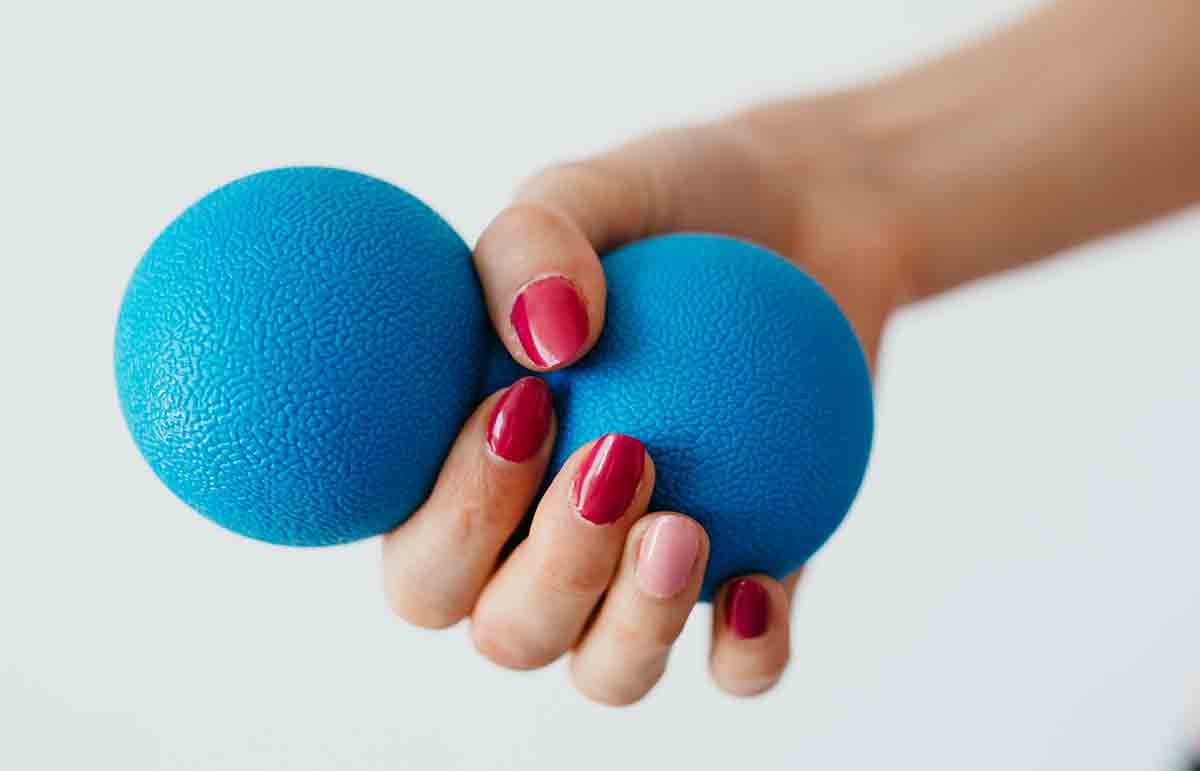
The habit of biting nails, known as onychophagia, can be more harmful than one might imagine.
+ Video: Eight Early Symptoms of Alzheimer’s That Appear Earlier
+ Breast milk on the face? After the singer’s revelation, the expert explains the effects
Experts explain that this practice can cause permanent damage to the nails and other health problems that go far beyond aesthetics.
First and foremost, it is necessary to understand the reason behind this habit. According to physician Natasha Bhuyan, it may be related to repetitive body disorders linked to emotional challenges.
“There are several underlying reasons for nail-biting, and sometimes it happens unintentionally.
Psychologists believe it may be a way to respond to our emotions, either as a stimulus when we are bored or as a calming escape when we are stressed,” she explained to “Yahoo.”
Onychophagia can lead to more severe habits associated with Attention Deficit Hyperactivity Disorder (ADHD), Tourette’s syndrome, Obsessive-Compulsive Disorder (OCD), separation anxiety disorder, or oppositional defiant disorder.
According to dermatologist Shari Lipner, the long-term habit can have health consequences.
“The length of the nails can be permanently shortened, and brown lines may develop.
It is possible to contract bacterial and viral infections because breaking the skin around the nails can increase the risk of fungal infection of the nail plate or the skin.
It can also lead to dental problems such as crowding, poor placement, or protrusion of the upper front teeth.
And, of course, it can cause digestive issues,” she explained.
According to Bhuyan, the first choice to overcome this habit is to allow the nails to grow naturally. In the case of psychiatric problems, it is essential to seek help from a professional in the field, as well as a dermatologist.

